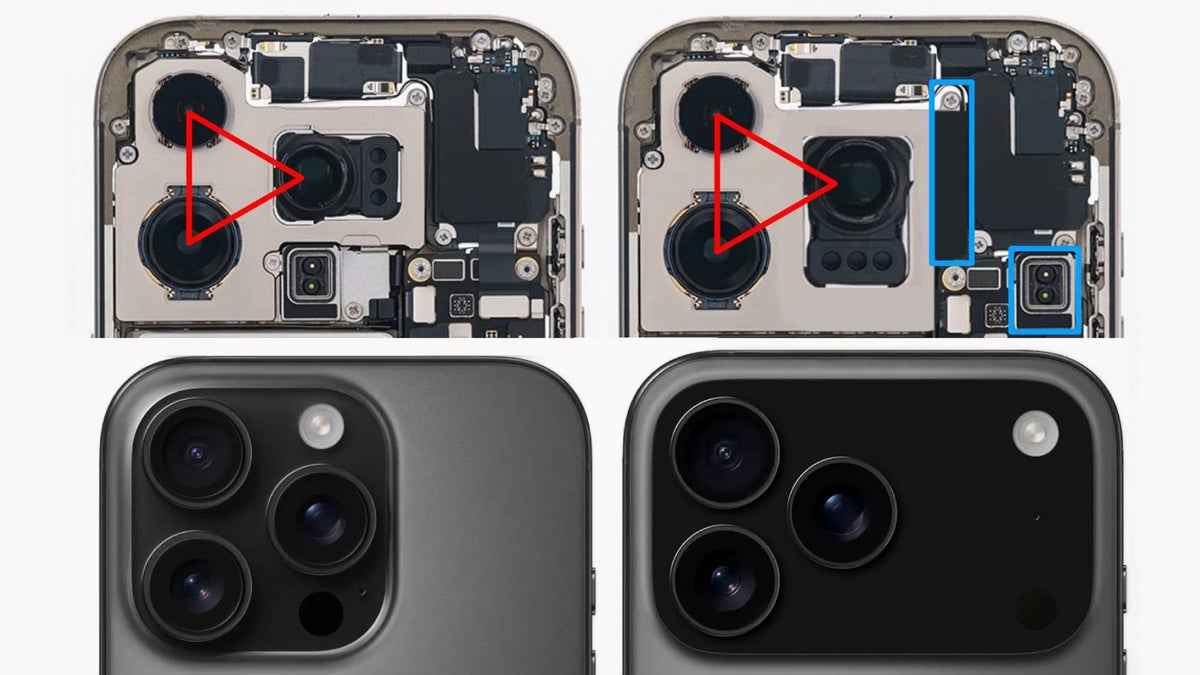The best 8K monitors in 2025: supersize screens that go extra, extra-large on resolution
Want a monitor that can display your 8K video in all its glory? The choice is easy, as there aren't a lot of options!
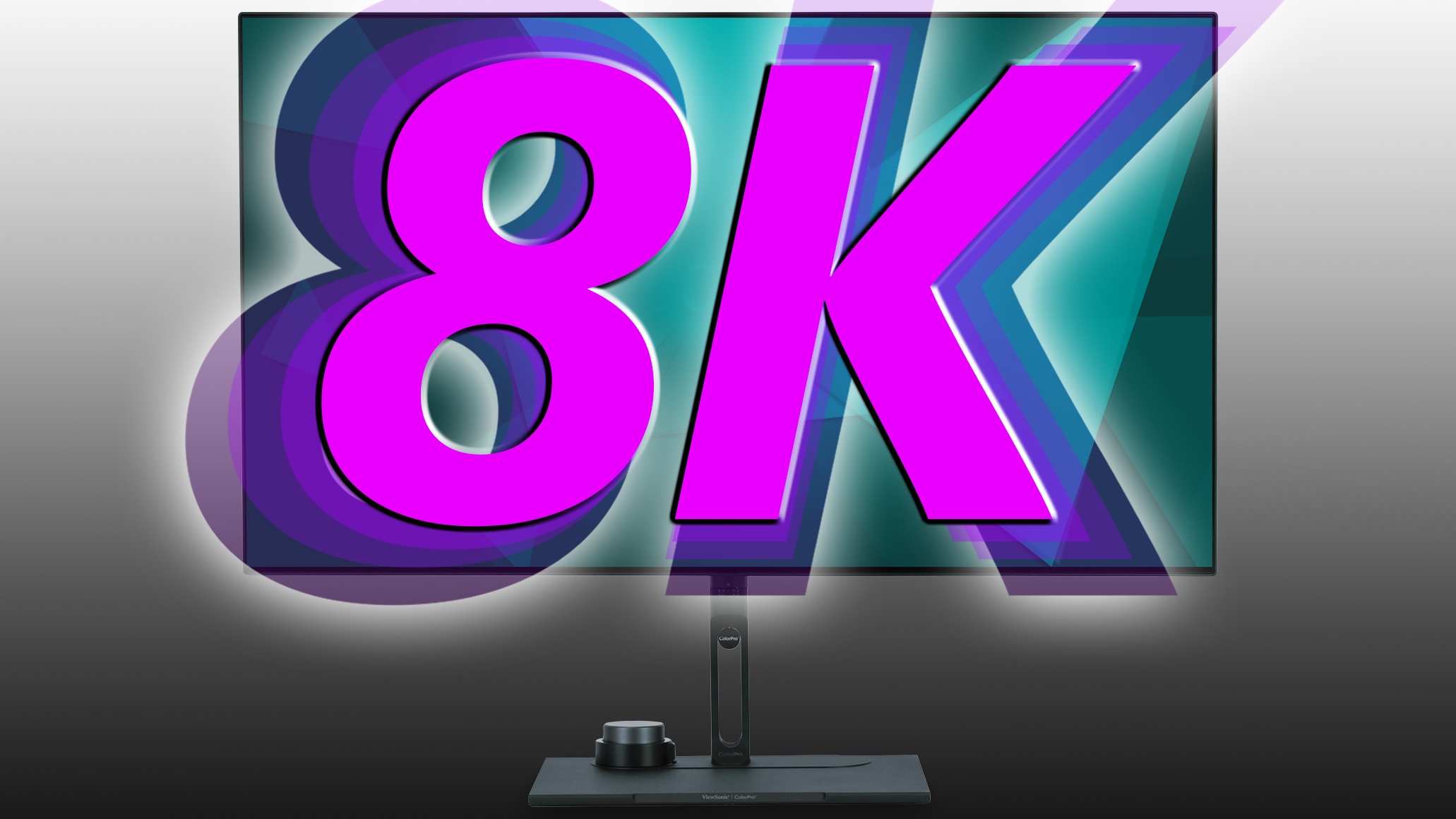
8K cameras like the Canon EOS R5 II and Fujifilm X-H2 show the future of video capture, but to make the most of it, you really need the best 8K monitor on which to view and edit your footage. Trouble is, even in 2025, there's still only ONE true 8K monitor you can realistically buy - the Dell UltraSharp UP3218K.
Back in January 2021 ViewSonic teased us with its first 8K monitor offering, but it never made it to market. Samsung has a dual 4K ultrawide gaming monitor which comes close to true 8K, and if you really have a big Hollywood budget, then there is a professional option from Sharp NEC.
What is 8K?
8 is twice as big as 4, right? Well when it comes to 8K video/screen resolution, that's only partly true. 8K resolution most commonly equates to 7,680 by 4,320 pixels, which is twice the horizontal resolution and twice the vertical resolution of 4K (3840 x 2160). But as all you math geniuses may have already calculated, that results in a 4x increase in total pixels. Imagine four 4K screens positioned in a quad arrangement and that's what an 8K image looks like - quite simply, HUGE!
We've already seen a number of 8K TVs come to market, and while these would make for a stunning 8K playback display, actually editing 8K footage on a screen this gargantuan really isn't a practical prospect, unless you position your desk about 20 feet away.
So with only a single 8K monitor to chose from right now, it costing a small fortune, and requiring one of the best desktop computers costing another small fortune to run it, the question is:
Do you really need an 8K monitor?
Well, if you just want to stay ahead of the curve and future-proof yourself, yes, of course you do! But otherwise the answer is: probably not.
Not only are 8K cameras still not commonplace, pre-recorded 8K footage is also quite rare. So actually finding content that will need the full res of an 8K monitor will be tricky. 8K content is also much larger in file size than even high frame rate 4K video, requiring significantly more local storage space, or a mighty fast internet connection to stream, further restricting 8K's practical appeal at the moment.
Given these limitations, settling for a 4K monitor looks a whole lot more sensible. A 4K monitor will still display 99+ per cent of the video content available today, there are plenty of color-accurate panels out there, and even a big 32-inch 4K screen will still have a pixel density tight enough for images/video to look super-crisp at a typical viewing distance. Oh yeah, and there's the small bonus that some of the best monitors for video editing can cost as little as one tenth the price of Dell's 8K monitor.
Best 8K monitor overall
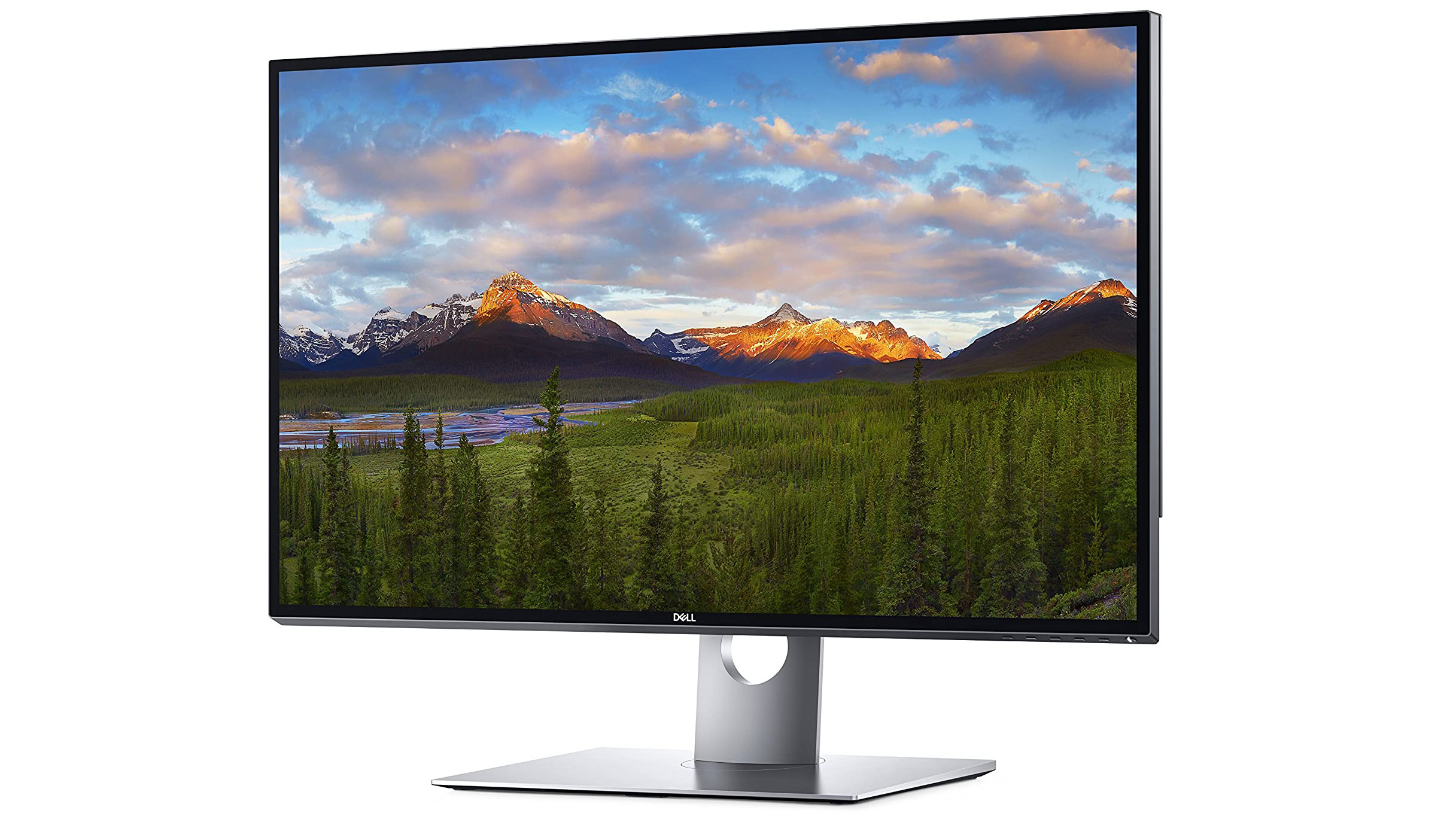
1. Dell UltraSharp UP3218K
Specifications
Reasons to buy
Reasons to avoid
If you’re after a genuine 8K monitor, then the Dell UP3218K is currently your one and only consumer option, but thankfully it’s a good one that impresses in every area. Its headline 8K (7680 x 4320) screen res gives you unparalleled image sharpness - even on a screen as large as this - as it results in an incredibly fine 0.09mm dot pitch, and a whopping 280 pixels per inch pixel density. Then there’s the almost flawless color fidelity: 100% Adobe RGB, 100% sRGB, 100% Rec. 709 and 98% DCI-P3 color space coverage ensures your images or video will displayed with complete accuracy, regardless of the color space you shoot in.
Factory color calibration ensures each and every monitor displays Adobe RGB and sRGB color spaces to an accuracy of Delta-E less than 2. The 31.5-inch IPS LCD panel is capable of an impressive 400 cd/m2 brightness for displaying HDR content.
It’s a pity there’s not Thunderbolt connectivity, but you do get multiple USB ports, and dual DisplayPorts. The latter is necessary though, as you’ll need to use both to enable the full 8K resolution, so make sure you’ve got a might powerful graphics card to connect to this beast.
Best 8K reference monitor
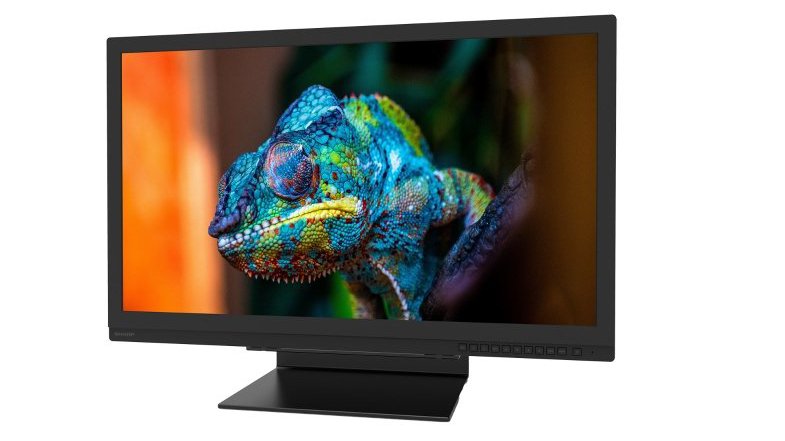
2. Sharp 8M-B32C1
Specifications
Reasons to buy
Reasons to avoid
Although Dell is the only 8K monitor that is easy to buy - albeit at a very high cost - it is untrue to say it is the only 8K monitor. This specialist reference monitor from Sharp NEC offers a hugely-impressive 1000 cd/m² peak brightness. The manufacturers claim that it is "the perfect choice for professional applications and content creators in photography, broadcasting, post-production, imaging, medical education, CAD studio, defense, gaming production environments and more that demand supreme color accuracy and image quality." It is listed for sale on AV Partsmaster for £22,692 (that's $28,802).
Best 8K monitor for gaming
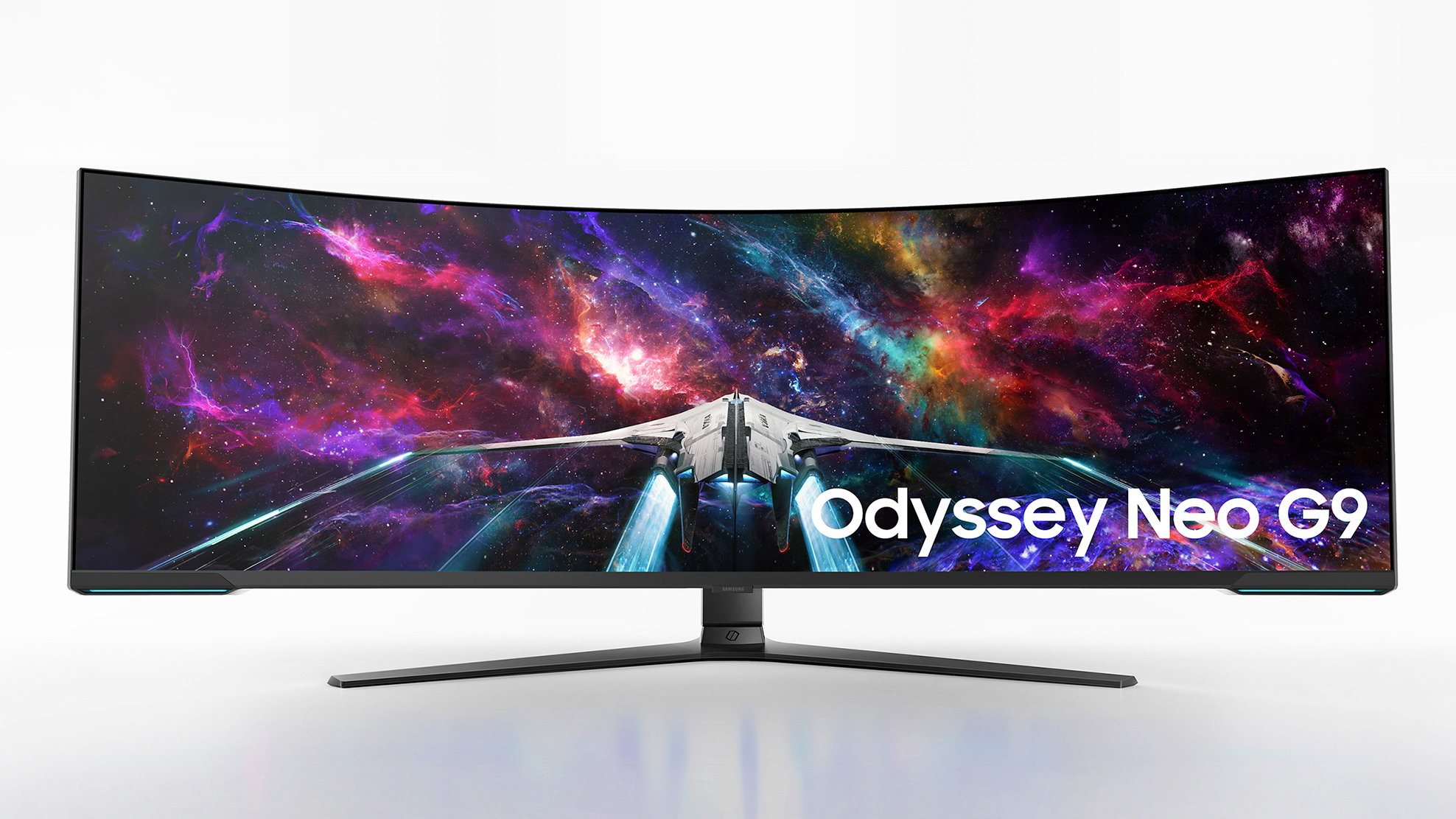
3. Samsung 57in Odyssey Neo G9
Specifications
Reasons to buy
Reasons to avoid
Boasting a resolution of 7680 x 2160, this gargantuan 57-inch, 32:1 super-ultrawide monster is marketed as a dual 4K monitor, as it's essentially two 4K 16:9 monitors stuck side by side. Dual 4K = 8K, right? Wrong, sadly. A true 8K monitor, like the Dell UP3218K above, has a resolution of 7680 x 4320, equating to four times 4K. Consequently this Samsung screen is technically just the top half of a true 8K resolution. Even so, with 8K monitors being so rare, we're including the Odyssey Neo G9 G95NC anyway, as it's still incredibly impressive, and you can actually buy it!
While a super-ultrawide monitor with a tight 1000R curvature is designed for immersive gaming over photo or video editing, you do still get a respectable 95% DCI-P3 color coverage, 420CD/m2 brightness, and mini-LED backlighting with local dimming for improved contrast.
Even the price is fair, considering just how much screen you're getting here.
Read more:
The best monitors for video editing
Get the Digital Camera World Newsletter
The best camera deals, reviews, product advice, and unmissable photography news, direct to your inbox!
Ben is the Imaging Labs manager, responsible for all the testing on Digital Camera World and across the entire photography portfolio at Future. Whether he's in the lab testing the sharpness of new lenses, the resolution of the latest image sensors, the zoom range of monster bridge cameras or even the latest camera phones, Ben is our go-to guy for technical insight. He's also the team's man-at-arms when it comes to camera bags, filters, memory cards, and all manner of camera accessories – his lab is a bit like the Batcave of photography! With years of experience trialling and testing kit, he's a human encyclopedia of benchmarks when it comes to recommending the best buys.

